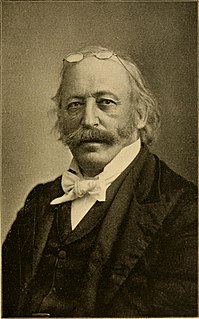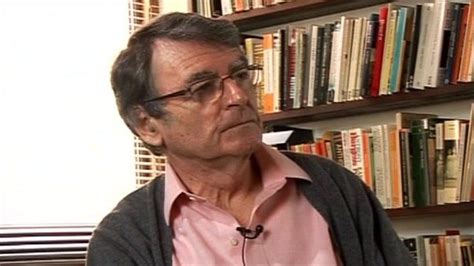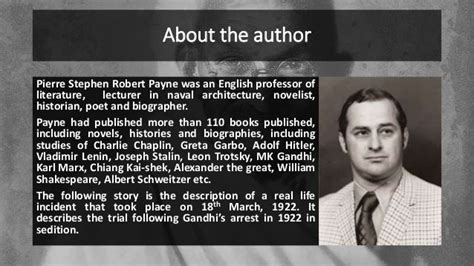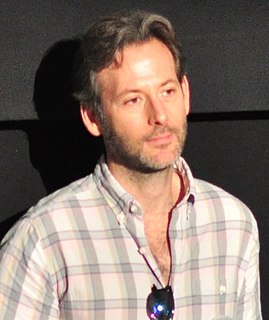A Quote by Isaac Mayer Wise
It flourished with the Saracens, and suffered in the obscure and fanatical days of the Middle Ages.
Quote Topics
Related Quotes
Those who professed themselves unable to believe in the reality of human progress ought to cheer themselves up, as the students under examination had conceivably been cheered up, by a short study of the Middle Ages. The hydrogen bomb, the South African Government, Chioang Kaidick, Senator McCarthy himself, would then seem a light price to pay for no longer being in the Middle Ages.
In the Middle Ages the king offered protection to his subjects in return for their loyalty, and the subjects were doubly protected, for the church also sheltered them. The need for shelter - for a father image that cares and will hopefully provide and give some meaning to human lives - remains as real as it was in the Middle Ages, but modern technocracy has no place for either the father or the church and provides no substitute.
The great ideals of the past failed not by being outlived (which must mean over-lived), but by not being lived enough. Mankind has not passed through the Middle Ages. Rather mankind has retreated from the Middle Ages in reaction and rout. The Christian ideal has not been tried and found wanting. It has been found difficult and left untried.
In western civilization, the period ruled by mysticism is known as the 'Dark Ages' and the 'Middle Ages'. I will assume that you know the nature of that period and the state of human existence in those ages. The Renaissance broke the rules of the mystics. "Renaissance" means the "rebirth". Few people today will care to remind you that it was a rebirth of reason - of man's mind.






































